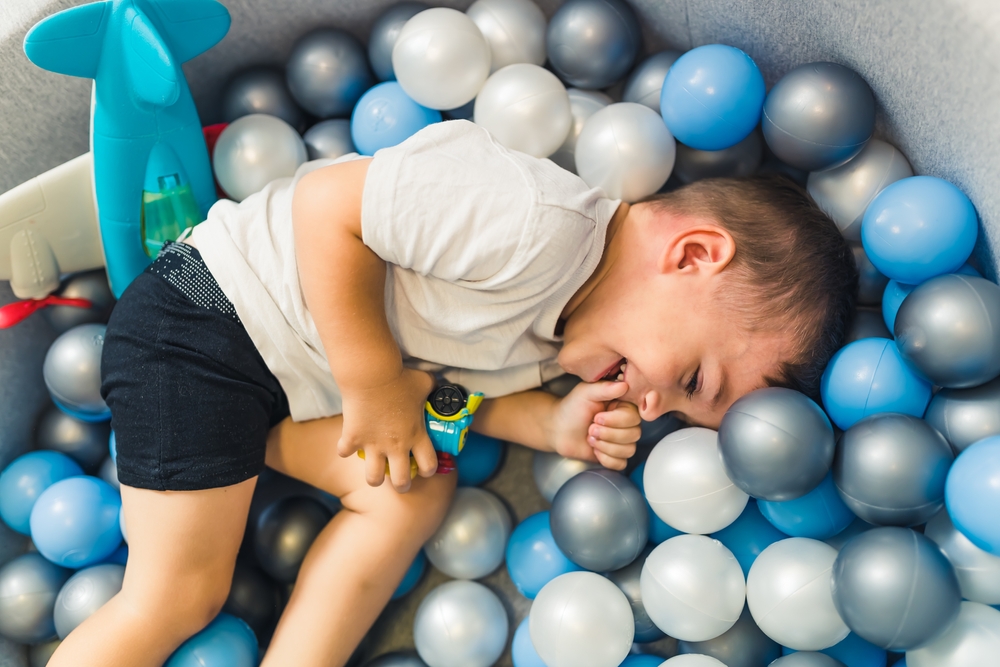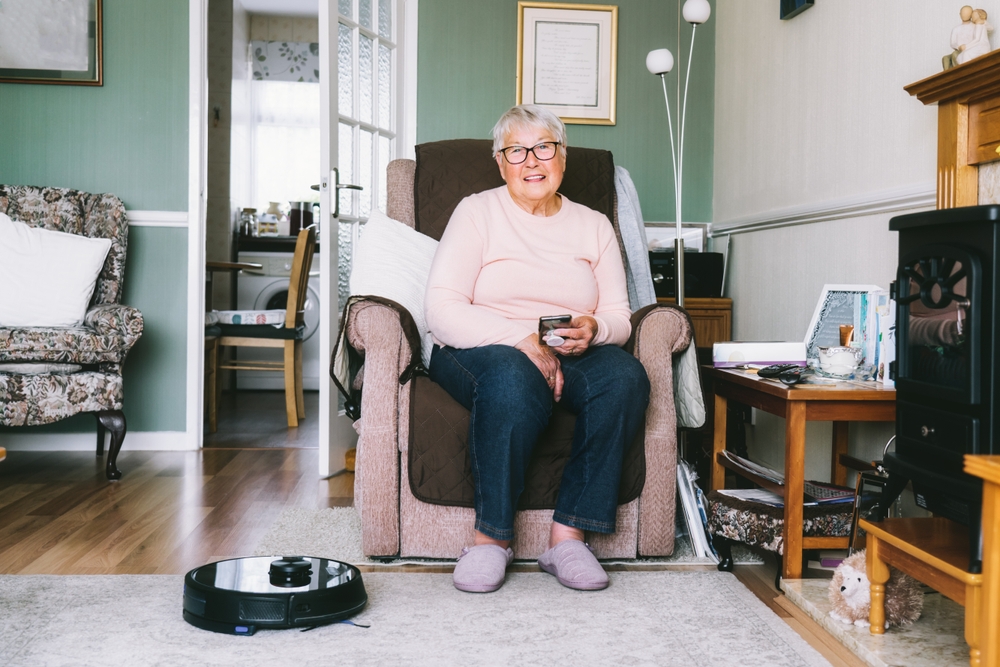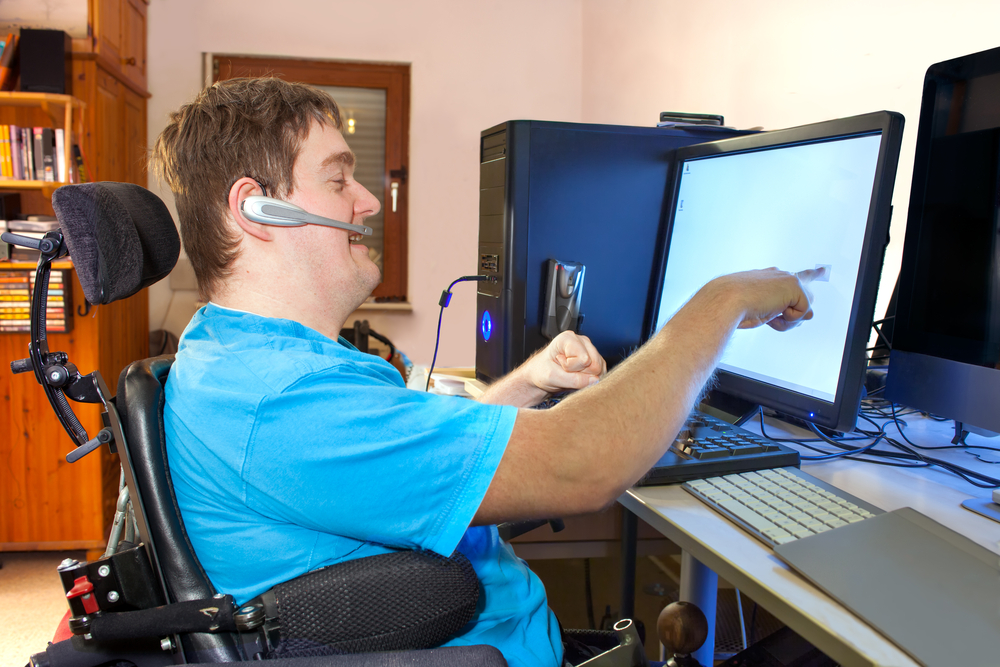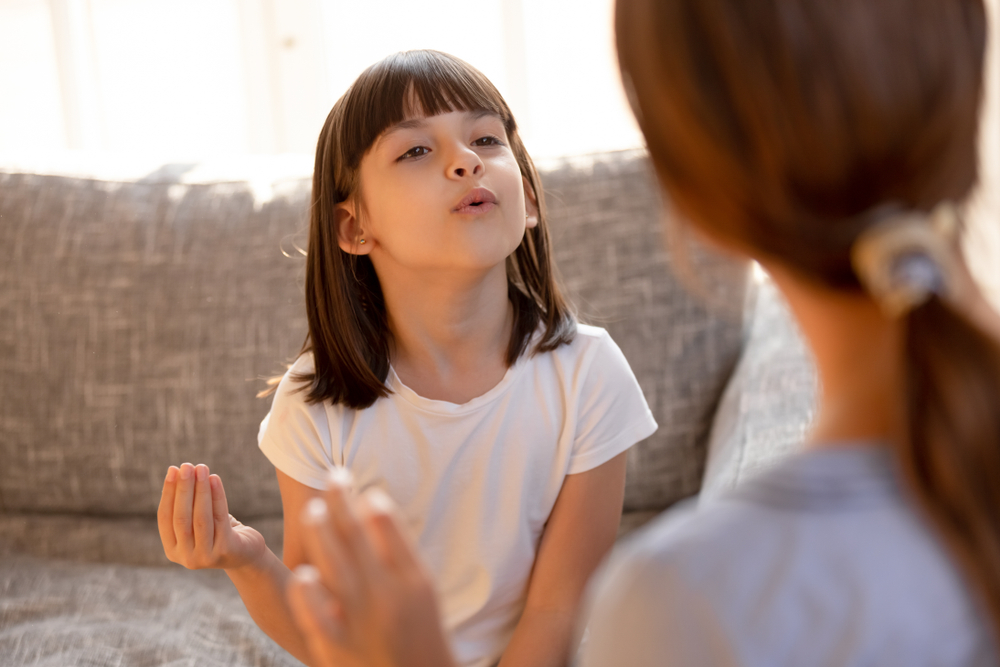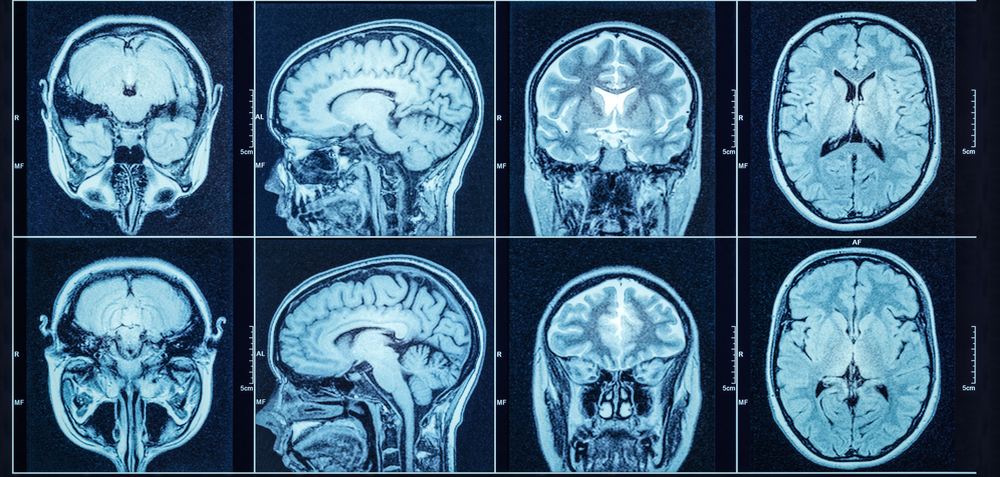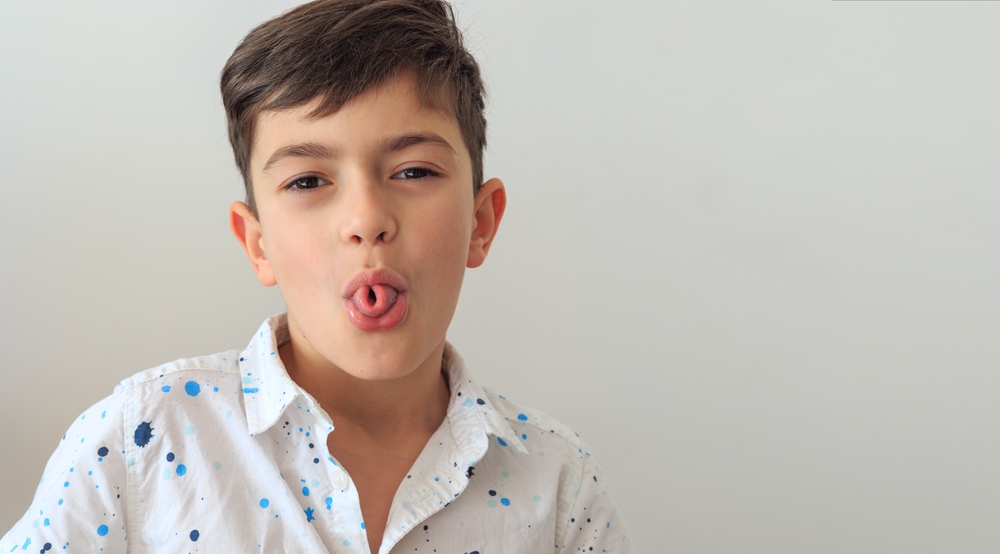Make an Appointment
Social skills (the ability to interact appropriately with others, read non-verbal cues, and take turns in conversation) are foundational for a child’s academic success, friendships, and emotional wellbeing. Many children on the autism spectrum, with language delays, or social anxiety find these skills challenging and benefit from targeted intervention.
Social skill deficits can manifest as difficulty initiating play, misreading facial expressions, interrupting peers, or struggling with cooperative games. Left unaddressed, these challenges may lead to social isolation, low self-esteem, and reduced school engagement Speech Pathology Australia. Early intervention by speech pathologists and occupational therapists can harness children’s neuroplasticity, teaching them skills they’ll use lifelong.
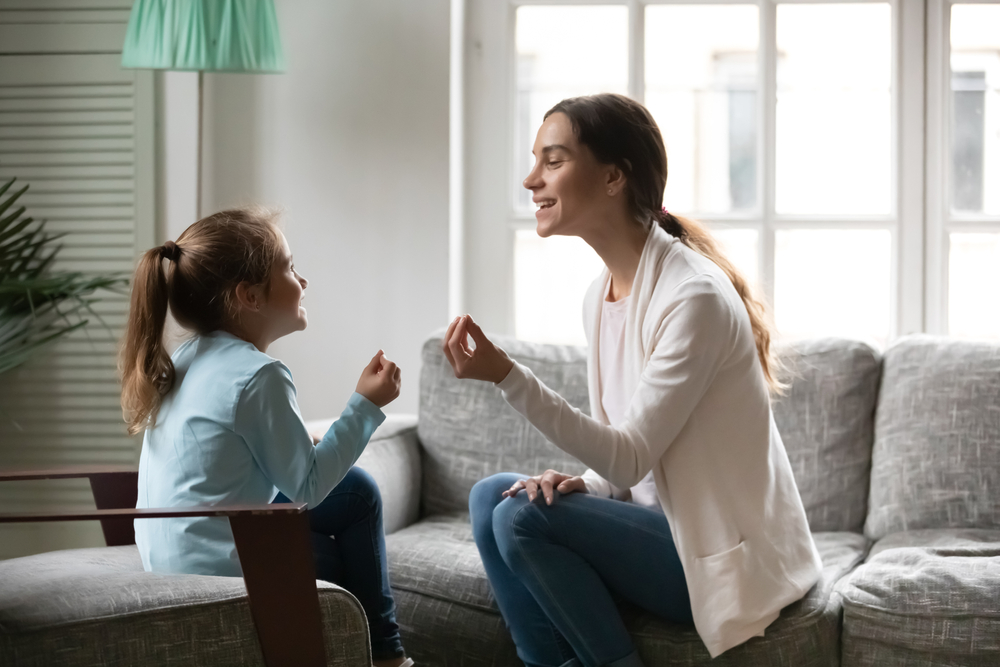
Can speech therapists help with social skills?
Speech therapists (speech-language pathologists or SLPs) are uniquely qualified to address social communication challenges through:
Pragmatic Language Assessment
SLPs evaluate how a child uses language in context, such as greeting peers, taking conversational turns, and understanding humour, using tools like the Test of Pragmatic Language.
Social Stories and Scripts
Developed by Carol Gray, social stories describe common social situations step-by-step. They provide children with a predictable framework, reducing anxiety and guiding appropriate responses Speech Pathology Australia.
Video Modelling
Children watch recordings of peers or adults demonstrating target skills (e.g., greeting, sharing). This visual approach supports imitation and self-reflection.
Role-Play and Guided Practice
In one-on-one sessions, SLPs coach children through mock scenarios, such as asking to join a game, providing immediate feedback on tone, body language, and phrasing.
Parent and Teacher Training
SLPs train caregivers and educators in prompting techniques, reinforcement strategies, and how to embed social goals across home and school contexts.
These interventions align with Speech Pathology Australia’s position that SLPs support children in “taking turns and making eye contact; using language appropriately; and understanding non-literal language” Speech Pathology Australia.
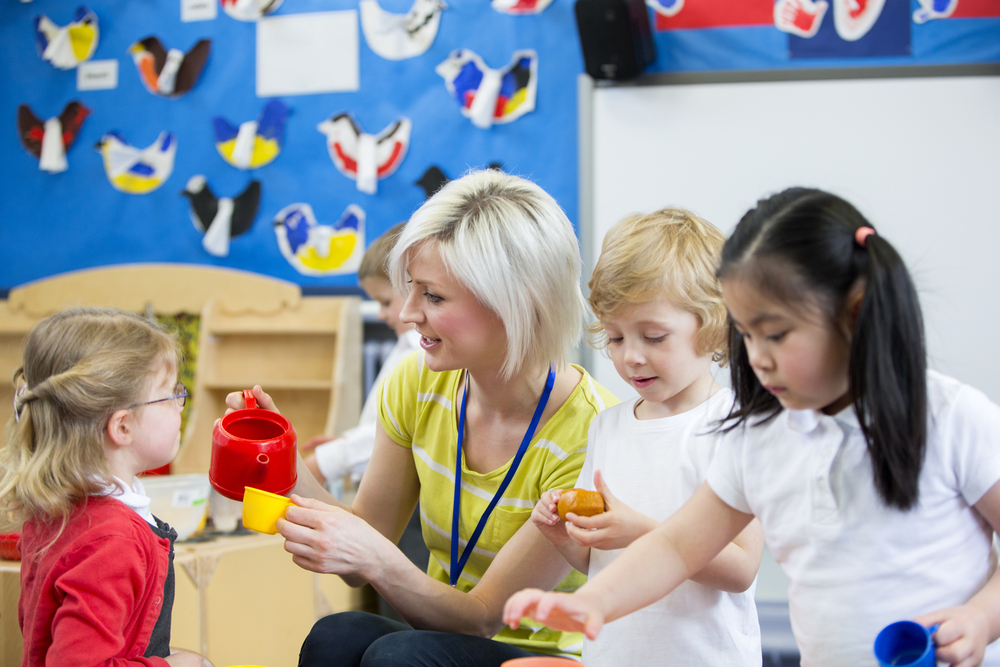
How to teach social skills in speech therapy?
Effective teaching strategies include:
Structured Social Skills Groups
Small groups guided by an SLP in which children practice greetings, sharing, and collaborative play. Peer modelling fosters generalisation to real-world settings.
Use of Visual Supports
Emotion charts, conversation cue cards, and video prompts help children recognise and label feelings, monitor personal space, and follow social rules.
Real-Life Practice Opportunities
SLPs organise outings (e.g., café visits, playground sessions) where children apply skills under supervision, gradually reducing prompts as confidence grows.
Reinforcement and Feedback
Immediate, specific praise (“Great job waiting your turn!”) reinforces positive behaviours, while corrective feedback is delivered gently to maintain motivation.
Collaborative Goal Setting
Children set their own social goals (e.g., “I will say ‘hello’ to a friend once a day”), fostering ownership and self-monitoring.
At Physio Inq, our Paediatric Speech Pathology service integrates these techniques within playful, engaging sessions tailored to each child’s interests.
For further detail on social skills teaching in speech therapy, see the Autism CRC’s guidance on pragmatic language interventions Speech Pathology Australia.

What therapy helps kids with social skills?
Several allied health approaches complement speech therapy:
Occupational Therapy (OT)
OT addresses the sensory and motor aspects of social engagement, such as maintaining personal space and fine motor skills for turn-taking games. OT can deliver Paediatric Occupational Therapy sessions focusing on joint attention and self-regulation during interactive activities.
Cognitive-Behavioural Therapy (CBT)
For children with social anxiety or emotional regulation challenges, CBT helps identify anxious thoughts (“They won’t want to play with me”) and reshape them into positive self-talk, improving willingness to interact.
Social Skills Training Programs
Evidence-based group programs (e.g., “Superflex”) combine elements of CBT and pragmatic language, teaching children to recognise “flexible thinking” in social scenarios.
Play Therapy
Led by trained therapists, play therapy uses symbolic play to explore social roles, empathy, and conflict resolution in a safe environment.
Parent-Mediated Interventions
Coaches teach parents strategies, such as prompting, modelling, and scaffolding, to foster social skills during everyday routines and peer playdates Speech Pathology Australia.
Integrating these therapies within a cohesive package ensures children receive well-rounded support tailored to their unique profiles.
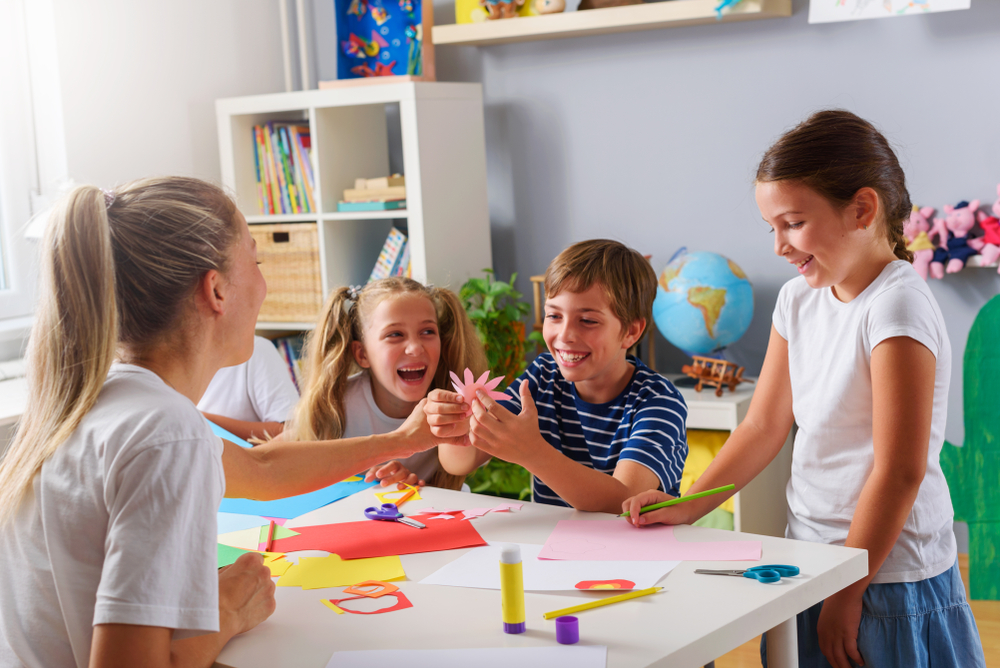
How can I improve my child’s social skills?
Practical Tips for Families and Carers
Set Up Playdates and Group Activities
Arrange small, structured play opportunities with one or two peers. Provide simple scripts or roles (e.g., “You be the shopkeeper; they’ll be the customer”) to guide interactions.
Model Positive Social Behaviour
Narrate your own social interactions (“I’m introducing myself to Ms. Lee - ‘Hello, Ms. Lee, it’s nice to see you!’”) so children observe tone, eye contact, and body language.
Use Books and Media
Read stories that emphasise sharing, empathy, and cooperation. Pause to ask, “How do you think Lily feels right now?”
Create a Visual Social Calendar
Display daily social goals, like greeting a teacher or waiting quietly in line, to provide structure and predictability.
Incorporate Social Skills into Routines
While baking cookies, prompt children to ask for an ingredient (“May I have the flour, please?”), reinforcing polite requests and turn-taking.
Celebrate Small Wins
Acknowledge every attempt, “I loved how you waved hello today!” to build confidence and intrinsic motivation.
Collaborate with Schools and Therapists
Share techniques learned in therapy with teachers to ensure consistency. Consider Paediatric Physiotherapy if gross-motor coordination impacts social play.
Over time, these strategies foster a supportive social learning environment both at home and in the community.
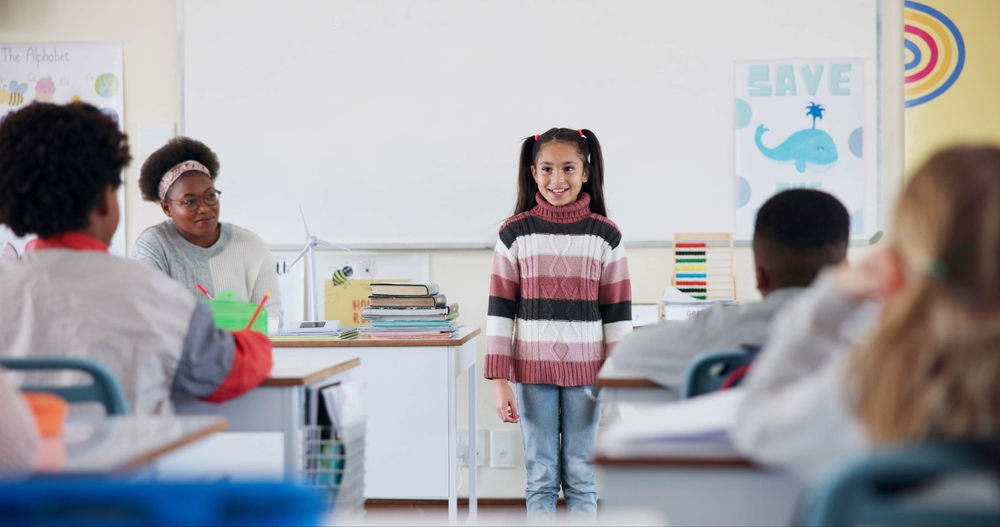
Frequently Asked Questions (FAQs)
Q1. At what age should I start social skills intervention?
A: Early signs, as young as 2–3 years, such as limited eye contact, lack of gesture use, or difficulties with joint attention, indicate a need for assessment.
Q2. Can speech therapy alone improve social skills?
A: Speech therapy is highly effective for pragmatic language, but combining it with OT, CBT, or group programs often yields better generalisation across contexts.
Q3. How long does it take to see progress?
A: Many children demonstrate improvements in targeted skills within 8–12 weeks of consistent therapy, though maintenance and practice at home are crucial.
Q4. What if my child resists social skills activities?
A: Embed learning within their interests, use favourite toys or games, and provide frequent, immediate praise to maintain engagement.
Q5. Do schools offer social skills support?
A: Many schools run social skills groups led by SLPs or school counsellors. Reach out to your child’s teacher or special education coordinator.
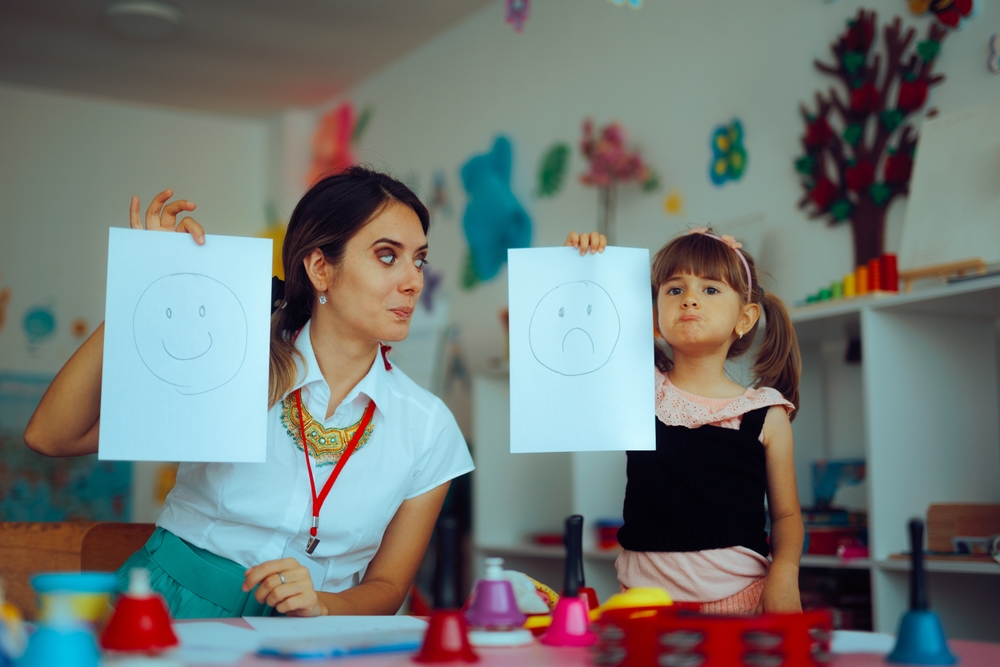
Building social skills in childhood lays the groundwork for lifelong relationships, academic success, and emotional resilience. By leveraging speech therapy techniques, such as social stories, role-play, and video modelling, alongside complementary therapies like OT and CBT, families can empower their children to navigate social situations confidently.
Take the Next Step:
If your child would benefit from targeted social skills support, contact us to arrange an assessment. Explore our services:
Together, we’ll help your child develop the social confidence to thrive, one skill at a time.
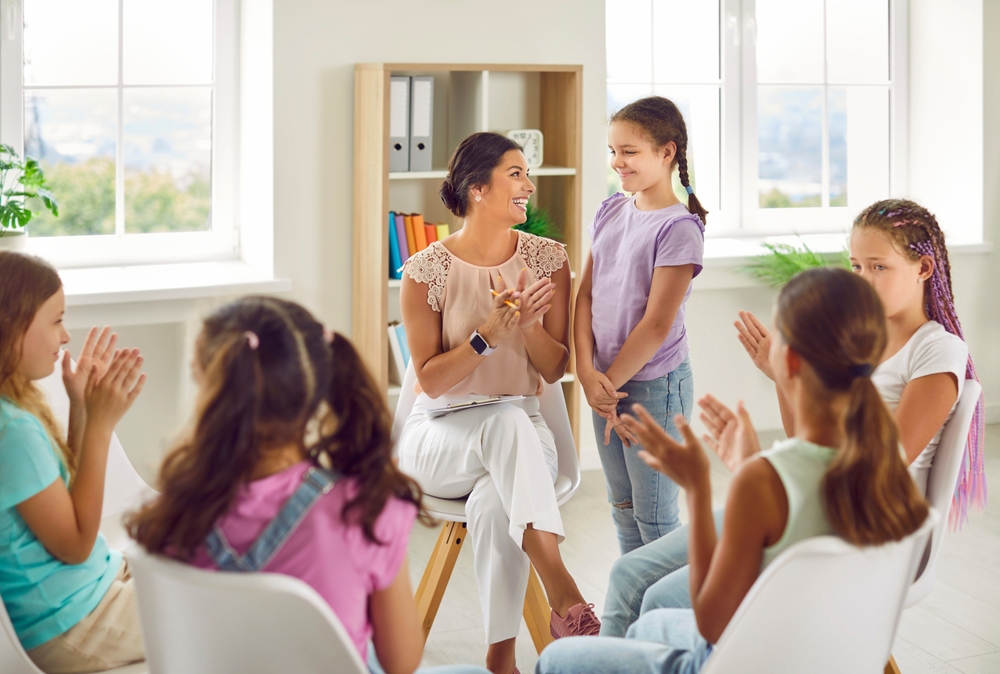
Date Published: Tuesday, April 29, 2025
Locate a Paediatric Occupational Therapy
Service Near me
Get the experience & convinence you deserve to support your or a loved one's allied health needs.
Our Paediatric Occupational Therapy team are currently serving & taking appointments in the following states and regions in Australia:
Need to get into direct contact with ur Client Services team? We're all ears. Call our team directly on 1300 731 733
